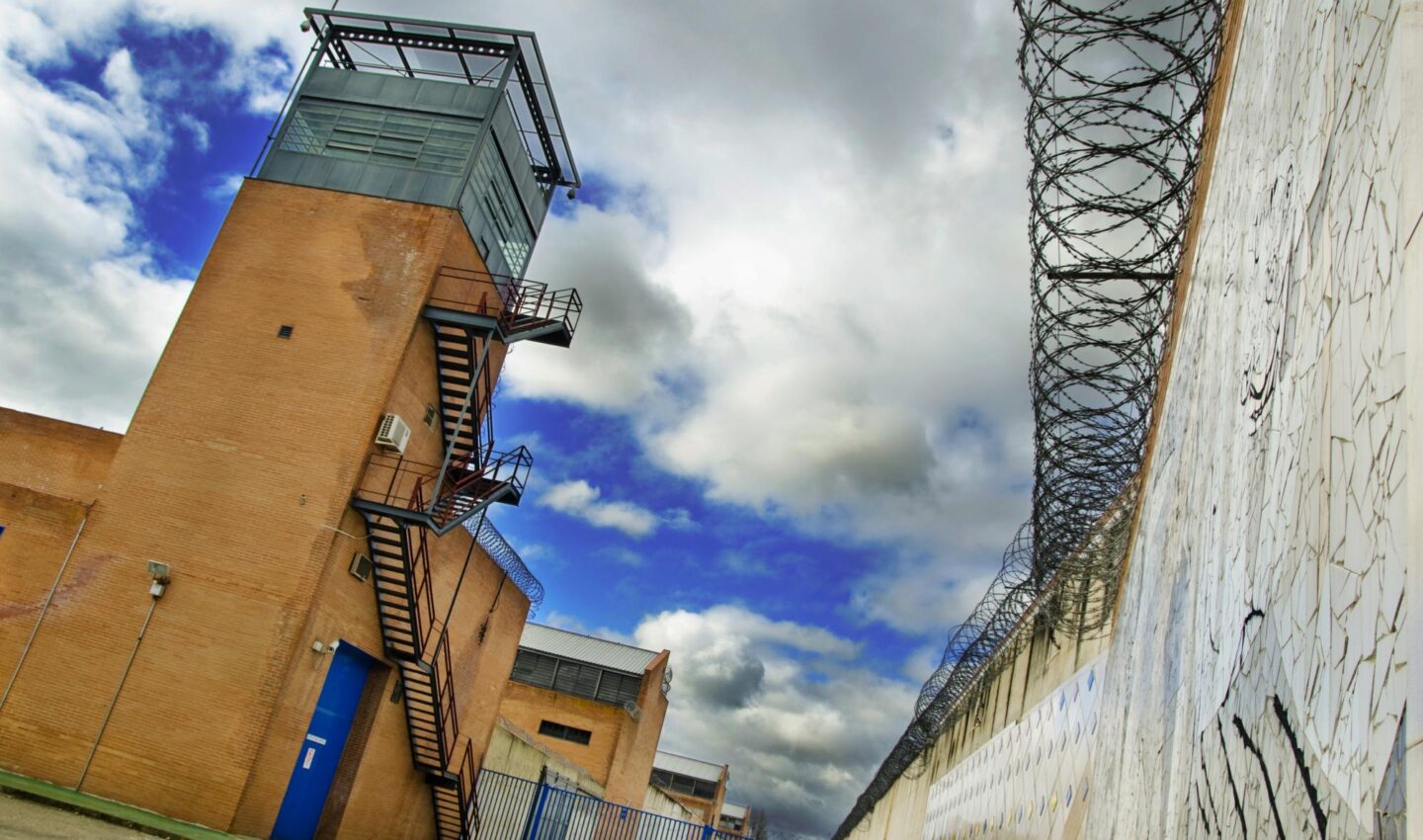Substance abuse treatment programs run by two Massachusetts sheriffs offer a new way of treating addiction using medication, a promising approach being studied by UMass Medical School’s Warren J. Ferguson, MD, according to a report by NPR’s Here & Now.
“Abstinence alone does not cure addiction; people need treatment,” said Ferguson, professor and vice chair of Family Medicine and Community Health at UMass Medical School, director of academic programs for its Health and Criminal Justice Program, and founder and co-chair of the Academic and Health Policy Conference on Correctional Health.
Dr. Ferguson is leading a correctional health practice collaborative that is examining medication-assisted treatment programs at four New England correctional systems. The goal is to develop best practices that can be shared nationwide.
Here & Now featured the programs developed by two partners, both sheriffs in Massachusetts, who have seen a drop in recidivism since implementation. The collaborative also includes the departments of corrections in Rhode Island and Connecticut.
The Barnstable County Correctional Facility in Buzzards Bay offers a Residential Substance Abuse Treatment program that includes behavioral therapy, drug education and a dose of Vivitrol, a monthly injection that has been proven to reduce cravings for alcohol and drugs. Program participant Germaine Jackson told Here & Now he is taking Vivitrol in hopes it will prevent a relapse.
“The other thing [Vivitrol] does is prevent anybody who uses narcotics to actually get high, or significantly reduces the high,” Ferguson said. “Most importantly, it will prevent overdose and death.”
Inmates released from prison are 129 times more likely to die from an overdose the first two weeks following release, according to a 2007 study of Washington state that was published in the New England Journal of Medicine.
Continuing care after release is key, and part of the program created by Middlesex County Sheriff Peter J. Koutoujian. The Medication Assisted Treatment and Directed Opioid Recovery program includes social workers who help released inmates sign up for Medicaid.
“Before I became sheriff,” Koutoujian told Here & Now, “we’d hand them a packet so they could sign up for their own Medicaid.”
The collaborative is supported through two grants from the National Institute on Drug Abuse the Agency for Health Care Research and Quality.

